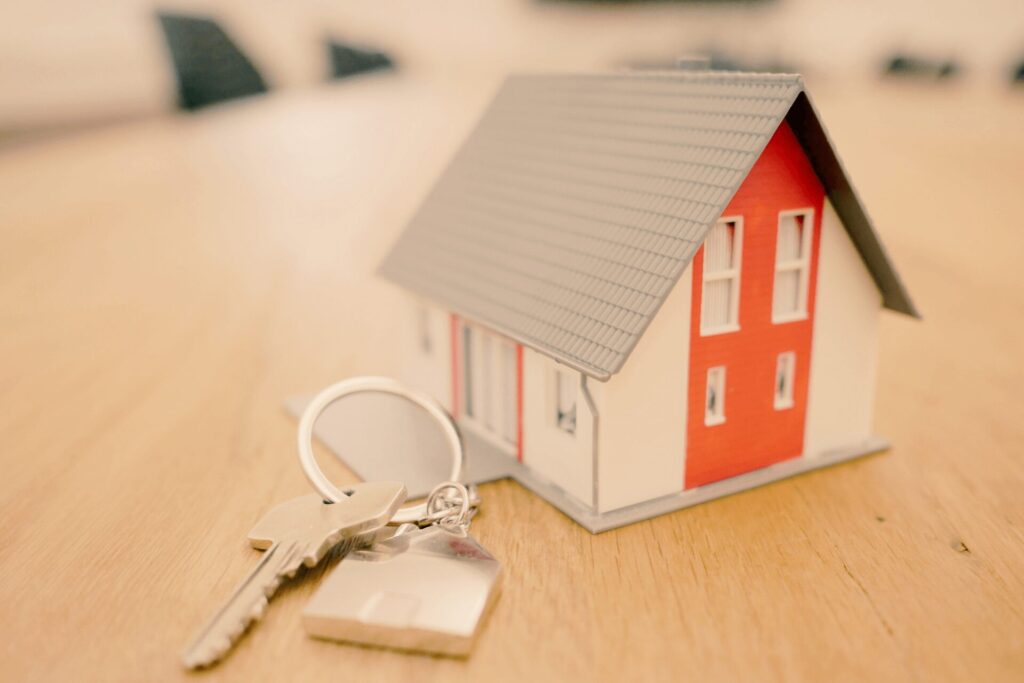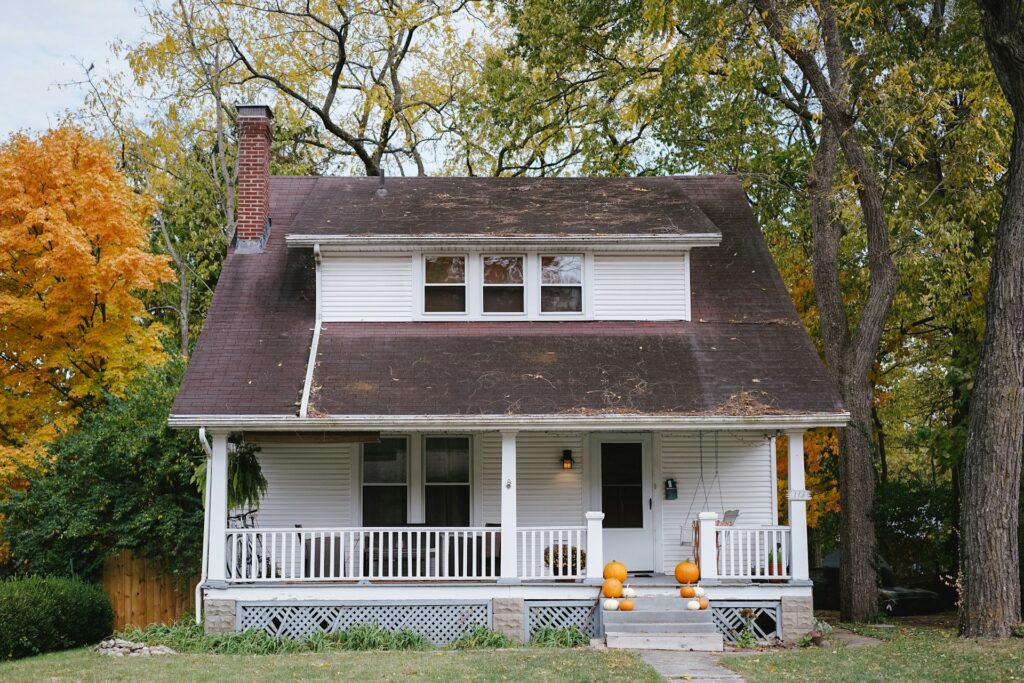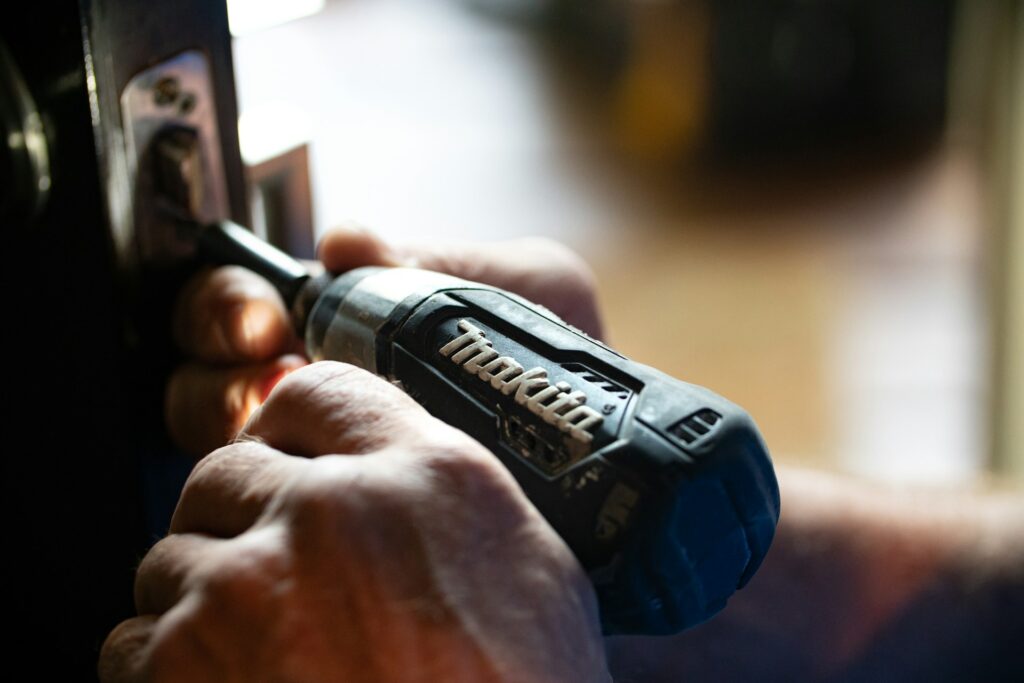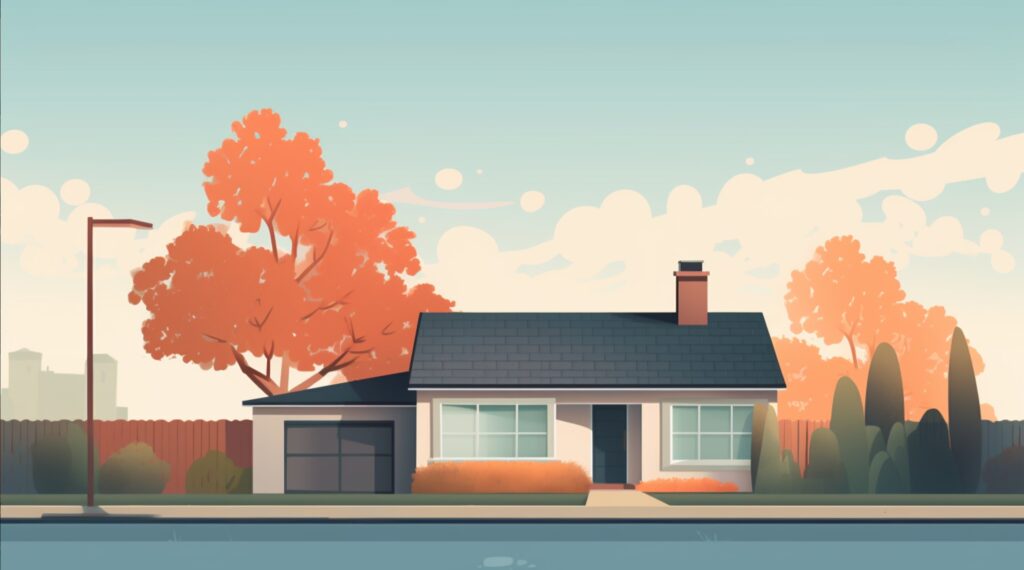
We are reader-supported. When you buy through links on our site, we may earn an affiliate commission.
Buying a home comes with a lot of added costs first-time home buyers might not be aware of. Understanding terms such as “earnest money” and what the purpose of it is can help you navigate the real estate market without feeling overwhelmed.
So, Just What Is Earnest Money?
Licensed mortgage loan originator (MLO) Jon Meyer says the typical earnest money amount is three to five percent of the home’s price. The intent of earnest money is to let the seller know you’re serious about purchasing their property and want them to accept your offer while they hold the house until closing.
Without earnest money, a buyer might find something else and leave the seller with lost time and an unsold property. While people once made agreements on a handshake, things are much trickier these days.
Why Should You Pay Earnest Money?
You may wonder why you have to come up with so much money to buy a home, especially if you’re on a tight budget. You need a percentage for earnest money, down payment and closing costs.
You should probably pay $300 to $500 for an inspection if you want to avoid issues. You may have to pay for other tests and fees. It all adds up.
However, in some areas, properties may receive multiple offers at once. Securing the house you want is challenging. By the time you look at it, the listing may already have several other interested parties.
Putting a chunk of money down shows the property owner you won’t just back out without consequences once they reject the other offers and accept yours. It also ensures the real estate agent you’re serious about buying.
What If You Don’t Have Any Extra for Earnest Money?
If you’re like most millennials, you’ve likely saved for years to afford your first home. Scraping together another $9,000 for earnest money for a $300,000 property seems out of reach. We have some good news for you. The earnest money is put into an escrow account and is then applied to your down payment at closing.
You don’t have to come up with a huge down payment plus earnest money. You likely already have a good amount sitting in your home savings account.
Some real estate agents only ask for $500 to $1,000 down as a good faith gesture. People are usually more comfortable with securing a home they want to buy with that amount of money.
If you still don’t have access to what you need, there are a few things you can do to raise enough to get in your first home.
1. Sell Everything
Look around at everything you own and see what you aren’t using or don’t need. People tend to have a lot of clutter. It will be easier to move without all the “stuff” anyway. Have an extra old vehicle? Sell it and put the money toward your earnest money or down payment.
Clear out your closet and sell old clothes or shoes that are in excellent shape but you no longer wear on Mercari or Poshmark.
2. Pick Up a Side Hustle
You could easily earn a few hundred extra dollars a month by picking up side hustles. If you have a partner, the two of you can both knock out earnest money quickly. Some side hustles that are inexpensive to start and pay over time include:
- Driving for delivery services
- Starting a lawn care business
- Baking and selling treats–check your state’s cottage food laws
- Offering lessons in something you know well
- Selling products online
Think about what you enjoy doing in your free time and if you could make some extra money from it.
3. Ask Family and Friends
Another tactic to come up with earnest money is to ask family and friends to give you only cash for holidays and birthdays for a year. Instead of spending $20 on a shirt, they would give you the money, which you put into your house savings account.
Parents and grandparents will often contribute a larger chunk as they feel the money goes toward an investment.
4. File for Tax Return
If you haven’t yet filed your taxes and will be getting a refund, there are tax preparation services that will give you an advance on your return. Tax money gives you a chunk of change at one time so you can come up with big down payments and amounts needed to buy your own home.
Should you cash in your retirement savings for earnest money or a down payment? Doing so probably isn’t the wisest financial move. You’ll almost always pay penalties for withdrawing early and you could jeopardize your future retirement income.
Do You Get Earnest Money Back?
Your earnest money gets applied to your closing costs in most cases. However, there are some circumstances where you might either lose your earnest money or get it back.
If you secured a veteran’s loan or something with zero down payment, then you’d likely get your earnest money back. If you back out of the deal without a valid reason, you might forfeit the money.
For example, if you find a house you like better and decide to walk away from the first deal, then you might forfeit your money. However, if a home inspection turns up serious problems with the home, you can typically get your money back if you back out.
If your financing falls through, you will typically get your earnest money back. Putting down earnest money is a standard practice in real estate. Your agent will explain the risks and expectations so you can make an informed decision with your hard earned money.










